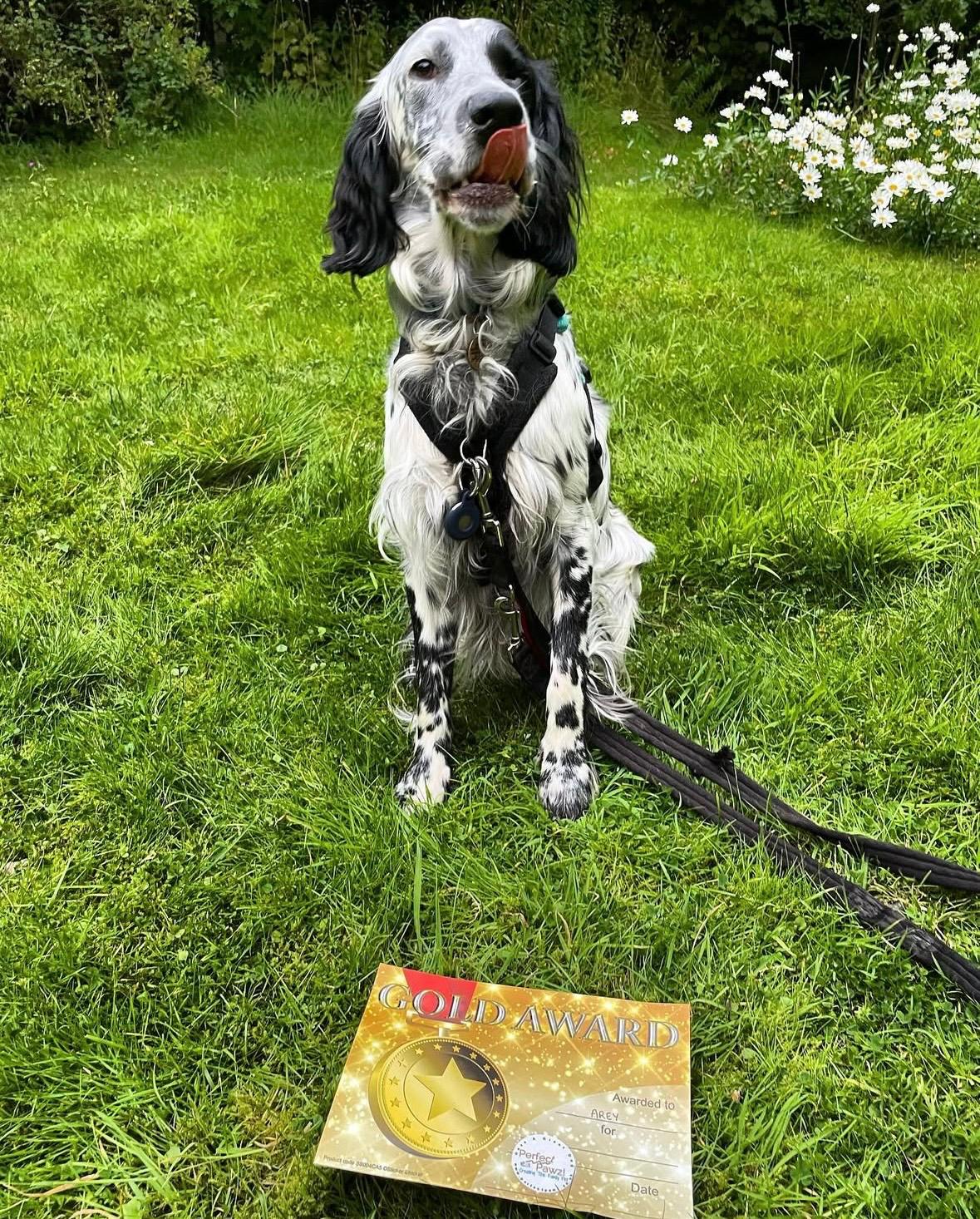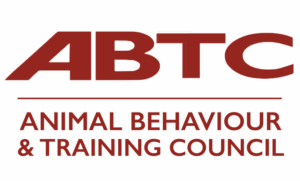Choosing the right trainer or behaviourist
When it comes to training your dog or dealing with behavioural issues, choosing the right professional can feel overwhelming. With so many trainers and behaviourists out there, how do you know who to trust or who is best for your dog?
An unregulated industry
The dog training and behaviour industry is an unregulated one, which means anyone can set themselves up as a trainer or behaviourist without qualifications or the right experience. Unlike vets, there’s no governing body to hold them accountable, so it’s up to owners to be careful when choosing who to trust with their dog’s wellbeing.
You may come across terms like balanced training and positive training when researching help for your dog. Balanced trainers use a mix of reward based techniques alongside punishment or aversive tools such as prong collars, e collars or leash corrections. While these methods can produce quick results, they carry the risk of damaging your dog’s trust and wellbeing in the long run. If someone advertises themselves as a balanced trainer it is best to turn away as these approaches compromise your dog’s welfare in the name of training. In contrast, positive trainers, often called force free trainers, focus on science based, reward driven methods. Rather than punishing unwanted behaviour, they reinforce the behaviours you do want, building stronger bonds between dogs and owners and supporting lasting behaviour change without fear or pain.
Marketing vs. reality
It’s common to see trainers using marketing buzzwords that sound appealing but don’t always match their methods. Words like balanced, leadership, calm assertive energy may suggest a kind approach, but can often involve punishment or aversive tools. Even terms like kind or respectful can be misleading if they’re not backed up by transparent, science-based techniques.
It’s also worth remembering that a strong social media presence full of good quality videos, big claims, and thousands of followers doesn’t prove a trainer is qualified or ethical. Good marketing and a strong online presence can sometimes mask poor practice and a lack of knowledge. The safest approach is to look beyond the marketing: ask direct questions about how they train, what tools they use, and whether they’re members of professional organisations that uphold high standards.
What to look for
If you’re searching for help, look for trainers and behaviourists who are part of credible professional organisations. These groups require members to meet high standards and stay up to date with modern, ethical training methods.
A good trainer or behaviourist will be proud to display their qualifications. Look for respected accreditations such as the UK Dog Behaviour & Training Charter or the ABTC logos, which show they meet recognised professional standards.
You may see trainers displaying different logos or memberships, but not all of them carry the same weight. Some are little more than “mickey mouse” qualifications, while others belong to organisations that are part of the UK Dog Behaviour and Training Charter or the ABTC. These are both membership organisations, meaning trainers and behaviourists usually join through their professional body. For example, someone might show the IMDT logo on their website, and since IMDT is a member of the Charter, that trainer is too. If you’re unsure, a quick online search of the organisation will tell you whether it’s credible and linked to these trusted bodies.
Knowing the type of professional you need
When you’re looking for help, it’s also important to know the difference between the types of professionals who work with dogs. They often work together to provide the best support.
- Dog Trainer = Teacher – Trainers focus on teaching skills and everyday manners to help dogs and owners live happily together. Because training and behaviour overlap, experienced trainers usually have some understanding of behaviour too.
- Dog Behaviourist = Counsellor – Behaviourists look at the why behind your dog’s actions. They help dogs make sense of the world and cope with challenges, but they don’t prescribe medication.
- Vet = GP – Vets are your first stop for diagnosing and treating medical issues. If a problem is behavioural or beyond their expertise, they’ll refer you to a specialist.
- Vet Behaviourist = Psychiatrist – These are vets with advanced training in both medicine and behaviour. They can diagnose complex issues and prescribe medication as part of a wider treatment plan.
Sometimes your dog may only need one of these professionals, but in many cases they work together, like a trainer supporting day-to-day skills while a behaviourist addresses deeper issues, or a vet ruling out medical causes before referring on.
Understanding these different roles makes it easier to find the right help for your dog.
Still need help finding the right person?
Choosing a trainer or behaviourist can feel like a minefield, especially if you’re new to it. With so many titles, logos, and promises out there, it’s easy to feel overwhelmed.
If you’re unsure where to begin, or simply want reassurance that you’re on the right track, we’re here to help. We’re always happy to take a look at someone’s website with a professional eye and point out the key details to check for, so you can feel confident you’re choosing the best support for your dog.





